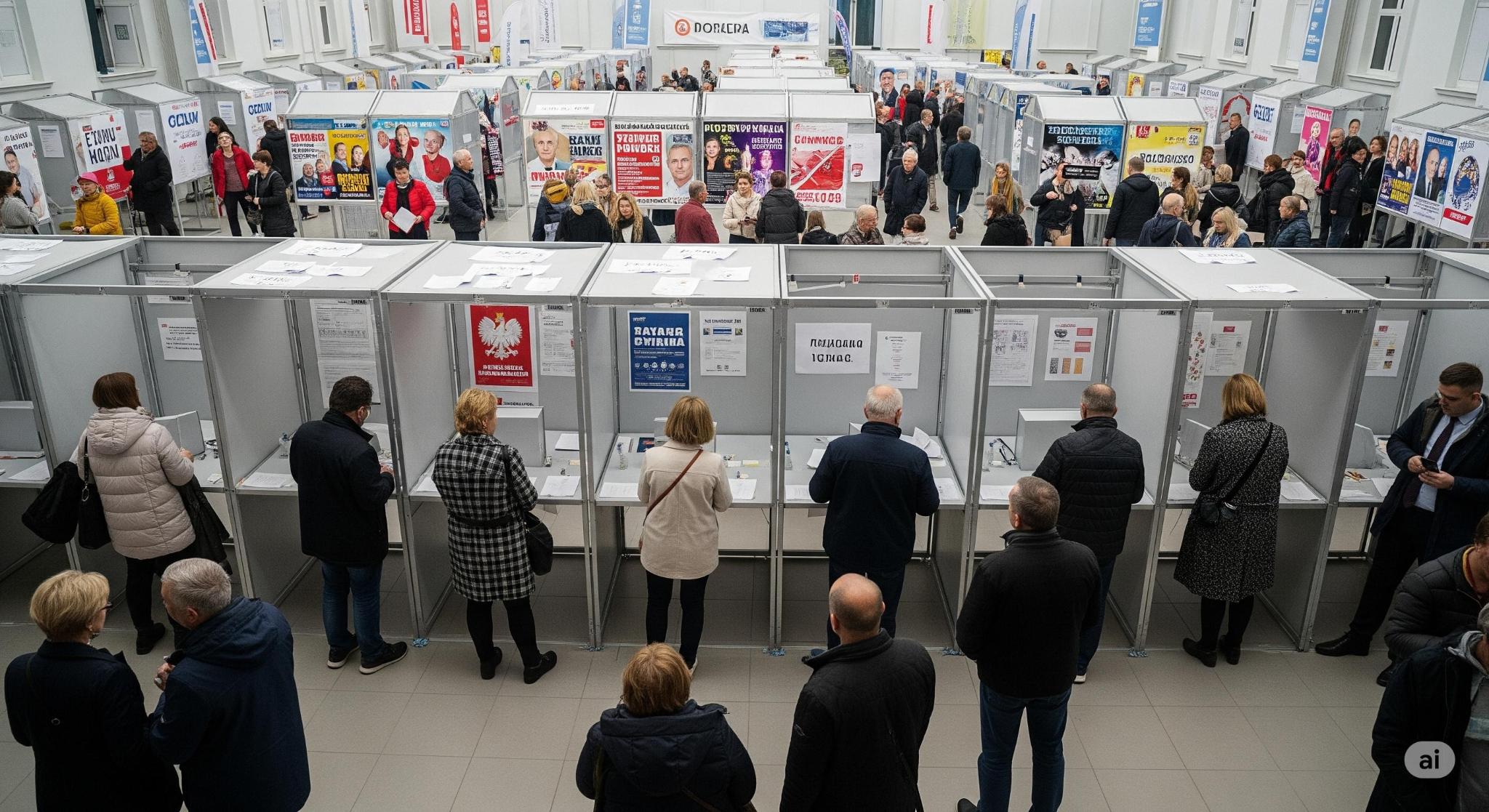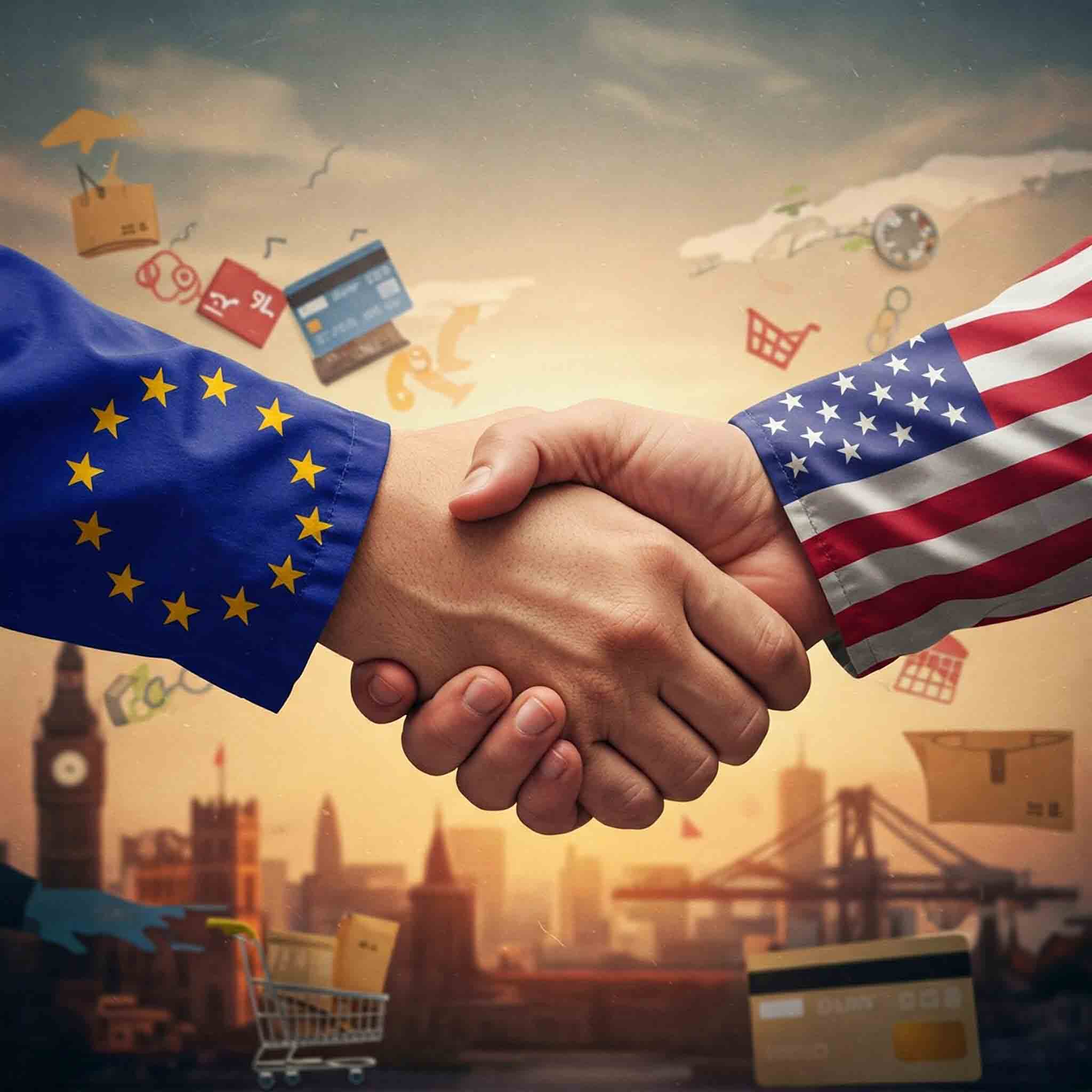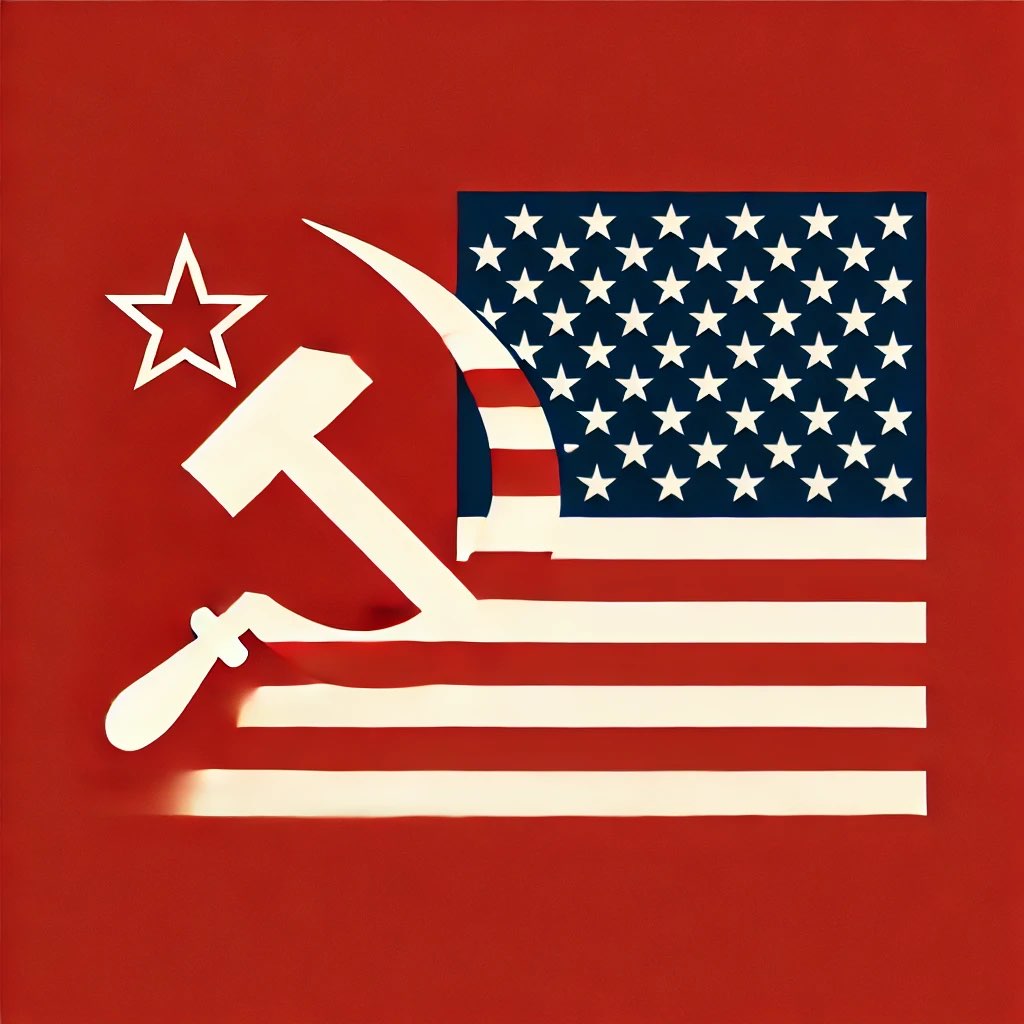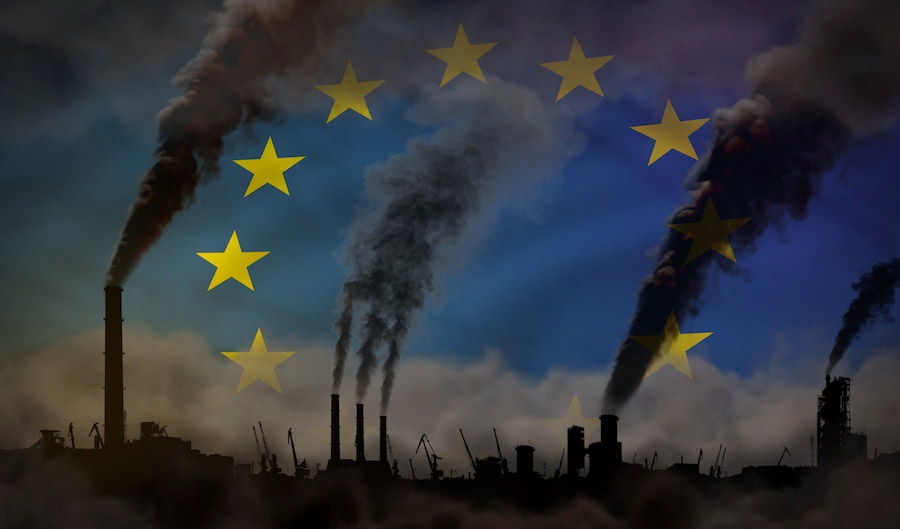
After the Ministry: Gábor Baranyai on Diplomacy, Brussels Realities, and the Uneven Future of the EU
In Brussels, where power often hides in plain sight, few know its rhythms better than former diplomat Gábor Baranyai. A two-time envoy to the European capital and a seasoned legal expert, Baranyai’s career path reflects not only the arc of Hungarian diplomacy, but also the institutional undercurrents shaping the EU’s political core.












